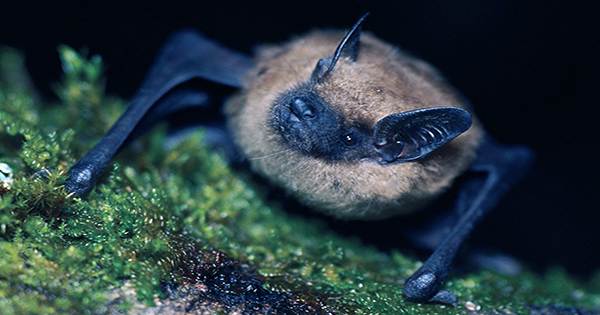Fireflies use their lights to attract mates. However, the bad side of being visible to potential sexual partners is that it can bring you to the attention of predators. Scientists have now noticed that fireflies have evolved that sound like a solution. When you stand up enough to launch a completely new tourism industry, it is a fair bet that you can catch the things you want to eat as well.
Fireflies have dealt with it becoming insectivorous for insect-eating bats, which will be the biggest threat to them until humans arrive. However, if someone does not know it after your death, bad taste does not do much good, so it pays to advertise how irresistible you are. In fact, there is a theory that their beautiful light first develop as a way to say, “Hey I’m not good at eating”. According to Tel Aviv University professor Yossi Yovel, this is probably the second time fireflies have hacked bats, especially secret weapons.
He recalled in a statement, “We were wandering in a tropical forest with a microphone capable of recording bats’ high frequencies, when suddenly we heard unfamiliar sounds at similar frequencies coming from the fire.” “In-depth research using high-velocity video has shown that firefighters make the sound by fluttering their wings.” Further investigation has revealed that the pitch is not only audible to humans, but also to other fireflies – this is not a way to claim a mating tap or territory.
So if fireflies do not make this term for their own kind and probably not for ultrasonic detection researchers, then who is it for? This may be a side effect of how insects move their wings without their own evolutionary purpose, but Yovel thought it was worth exploring the possibility of a bat being resistant. He found that the term produced by fireflies from the four genera to the opposite end of Asia, so it not confined to a single population. At least two species of both sexes make noise. Yovel called the words “musical instruments” and published his research in science. He admits that he cannot prove as a precautionary measure against bats that these insects are not for food, but he thinks there are various reasons to consider its potential. For one thing, the words have a narrow peak around 40-50 kHz that matches the prime hearing range of many bats, which does not seem like a coincidence.
















